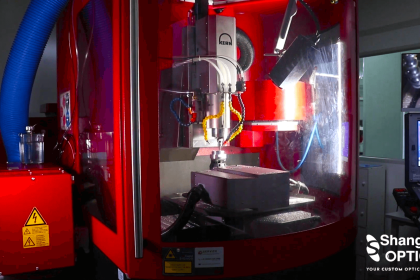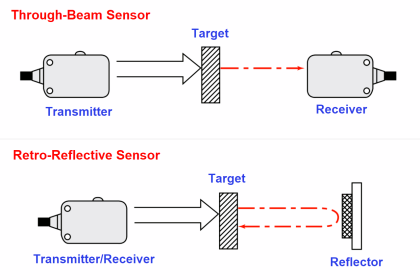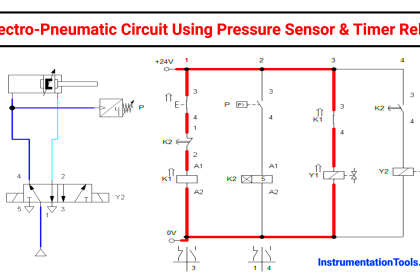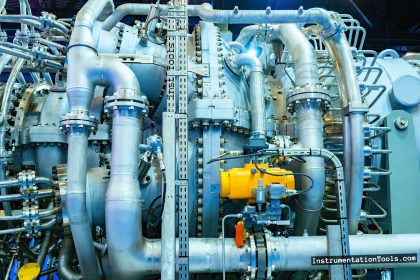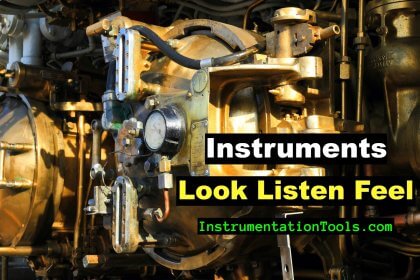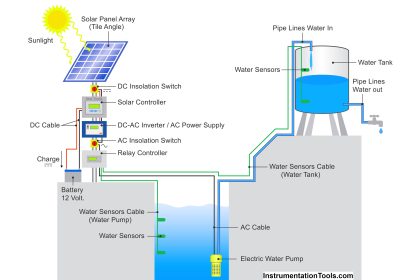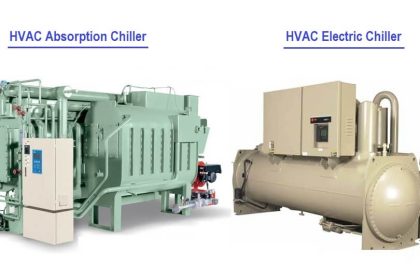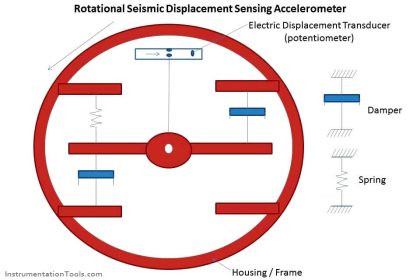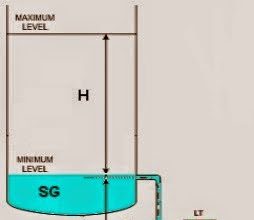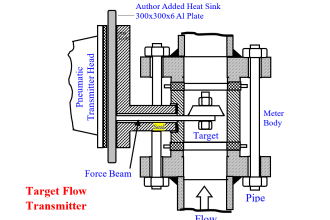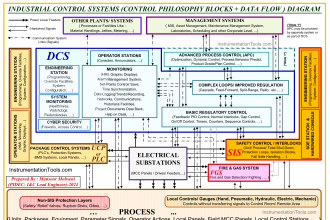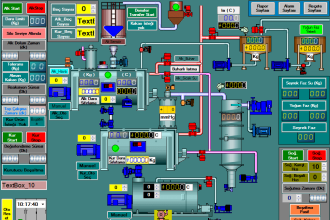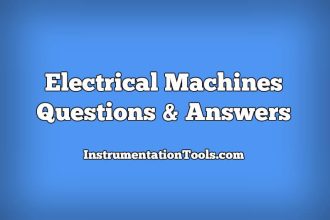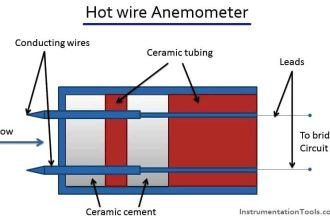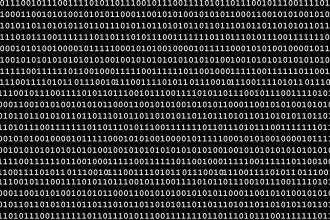In this article, we will learn about some future job and career opportunities in the instrumentation engineering field.
Engineering is a very vast field and has many branches for students to pursue their careers in. Some courses are rare, some are very common. But, engineering finds its value in day-to-day life and it is impossible to work in an environment without engineers.
There are many engineering fields in which an undergraduate can look to develop his career in. One such field is instrumentation engineering.
Career Opportunities in Instrumentation

Instrumentation engineering specializes in the operation, working, and principles of instruments, devices used in industries, the medical field, mechanical domain, etc.
This field is very vast and finds its use in almost every engineering application. This is because instruments and devices are the heart of a system and improper knowledge and working of them can result in the malfunction of that particular system.
Nowadays, industrial automation has reached new heights and an instrumentation engineer finds a suitable place in this domain; because automation is all about the understanding of instruments.
In the above-mentioned industries, instrument engineer works closely with many departments like design, purchase, maintenance, operations, etc.
If you look into various industries where an instrumentation engineer can work; there are many such as oil and gas, chemicals, automobiles, power utilities, pharmaceuticals, packaging, etc.
There are many countries in the world like the US, Canada, Australia, Saudi Arabia, UAE, Bahrain, etc. where an instrumentation engineer finds a big salary package and has a large scope of growth in his profile. There have been many cases where an emigrant is working in such countries for many years and is able to switch so many companies for the package; that their standard of living has increased to a great extent.
Let us have a look at such opportunities and studies in India. If a bachelor of the graduate is looking for a master’s graduation, then he has to give GATE examinations; for admission to post-graduate college. Only a good GATE score will be required to get entry and once done, he can either study post-graduation or apply for a job in government PSU’s like ONGC, BHEL, HUL, DRDO, BARC, etc. All such organizations always require an instrumentation engineer for their operations and once selected, they can get a very good salary package. For example, you will get 15 lakhs rupees per annum salary package in ONGC.
Once they have worked in some reputed companies for a good amount of years and are looking for a scope of change in their profile, they can even start their own business in instruments and devices. They can develop devices like sensors, detectors, electronic security systems, etc.
Let us have a look at some of the job descriptions for an instrumentation engineer. Typically, he will carry out project work in coordination with other engineering disciplines for providing a smooth delivery of the job in various stages.
They must have a sound understanding of specifications, datasheets, vendor drawings, sizing of instruments, and offer evaluation; so that they can choose and execute high-quality products and overall deliver a perfect project to the customer. They also typically participate in pre-bid engineering and detail engineering.
As instrumentation engineers typically work in an automated environment, they must have a good knowledge of PLC, SCADA, DCS, and other industrial automation tools for troubleshooting, maintaining, or operating any system properly.
Nowadays, it is also required for them to have an understanding of 3D models, instrumentation layout, hook-up diagrams, and cable schedules; for smart operation and execution of a project.
The roles are interesting but challenging at the same time. But, once skilled, the instrumentation engineer finds himself in such a position that he can carry a load of a project in a distributed and equal way with other engineers of different domains. This will overall improve his value and grow his profile in a very sharp manner. Because any company cannot function properly without an instrumentation engineer.
Some of the common industrial sectors where they always find preferences are R&D organizations, power plants, cement manufacturing companies, chemical companies, steel plants, and other public/private firms.
The starting salary can be from 3-4 lacs per annum in the private sector. It is important to note that most of these engineers always find a demand in companies that require a GATE score; which means that they can work in very reputed and established organizations.
In this way, we saw that there is a vast and good scope of instrumentation engineers in almost every field and they can lead a very prosperous career in the future.
If you liked this article, then please subscribe to our YouTube Channel for Instrumentation, Electrical, PLC, and SCADA video tutorials.
You can also follow us on Facebook and Twitter to receive daily updates.
Read Next:
